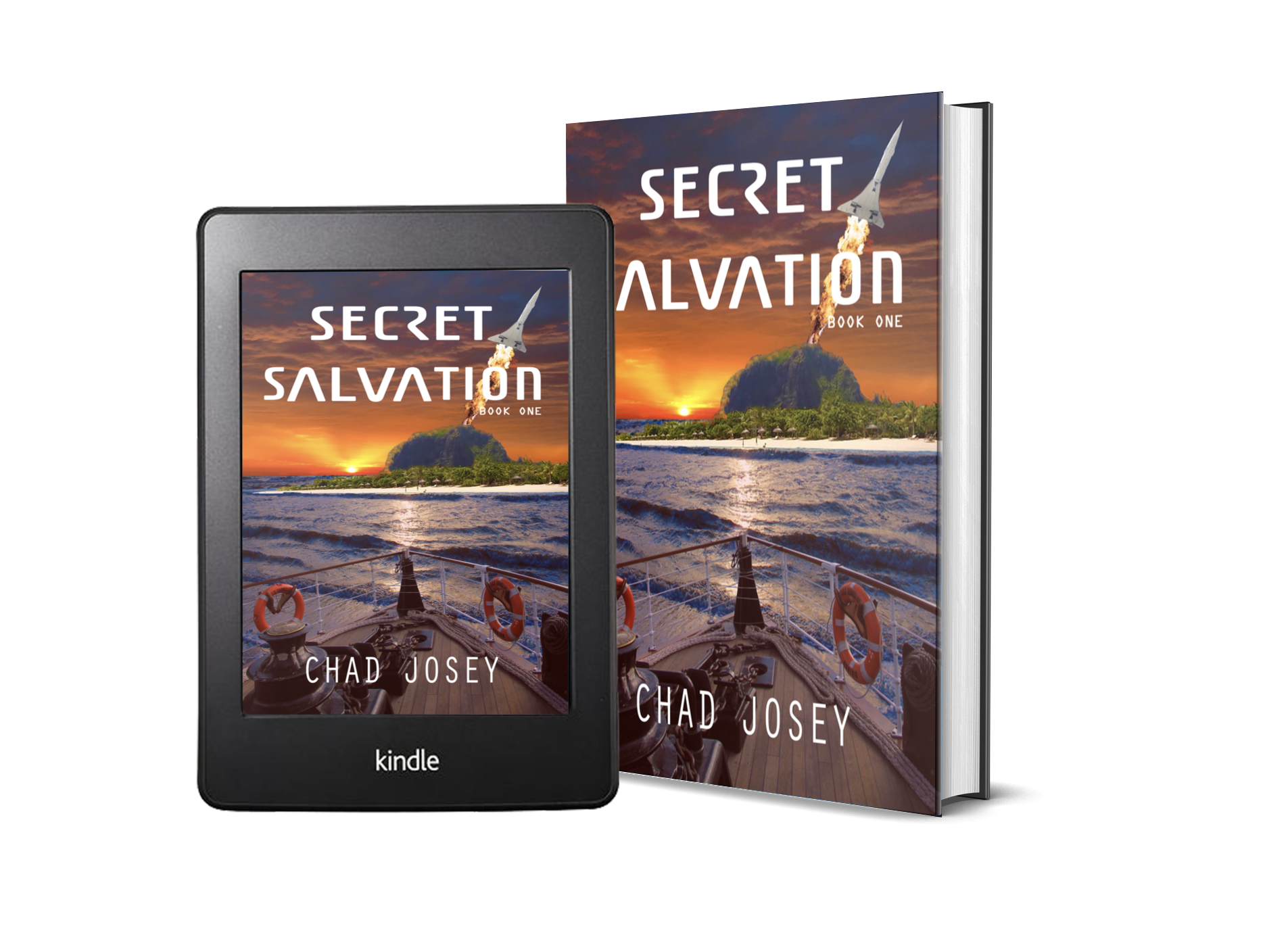Q: What first inspired you to start writing, and what do you think defines you as a writer?
I’ve always had an active imagination—though some might call it daydreaming! Growing up as an introvert, I spent countless hours lost in my thoughts, imagining new worlds and characters. Over time, I learned to channel that introspection into storytelling. Ironically, my professional life helped me hone the extroverted side of my personality, which now allows me to share those private imaginings with the world through my writing. Writing, for me, is a perfect blend of quiet reflection and outward expression—a way to connect with others while still honoring my introspective nature.
Q: Has your engineering background shaped your writing in any way?
Absolutely. Engineering taught me to question everything and challenge the status quo. One of the best lessons I learned in college was that success isn’t just about having great ideas—it’s about being able to communicate and sell them. That same principle applies to writing. As an author, my job is to “sell” my story, convincing readers to immerse themselves in the world I’ve created. Engineering also gave me a knack for problem-solving, which is invaluable when piecing together a compelling plot or tackling complex story elements.
Q: What kind of training have you had as a writer?
Academically, I took one Creative Writing course as an undergrad and a Business Writing class during my Master’s program. Beyond that, most of my formal writing experience comes from crafting hundreds of business proposals and project documents. However, transitioning to fiction required a whole new skill set. I’ve devoured articles, videos, and guides on the mechanics of storytelling—everything from structure to character development. Reading widely has also been one of my best teachers. Every novel I’ve read reveals a bit more about what makes a story work. Writing is a continuous learning process, and I believe even the best writers are always growing.
Q: Do you have a strict writing routine?
I wish! Writing isn’t my full-time job—yet. My weekdays are split between a demanding day job, family time, and the basic need for sleep. That leaves me about three precious hours each evening to write. I’m a night owl, so after my family goes to bed, I retreat to my home office and dive into my work. Some nights, I have to physically stop myself from writing because I know I’ll regret it the next morning. Weekends are when I really try to make up for lost time. Writing may not always fit neatly into my schedule, but I’m committed to making it work.
Q: What inspired the concept for your first novel, Secret Salvation?
Believe it or not, the idea came from a dream. In the dream, I was taken to a secret location and told the world was ending. I was safe—as long as I told no one. But the next day, I found myself on a train, shouting, “We’re all going to die!” before waking up. The dream stayed with me, and I started piecing together a story during my daily walks with our dog, Barney.
Living in Germany at the time also influenced the concept. I often rode quiet trains where everyone kept to themselves, and one night, I stumbled across a TV program showing haunting images of global suffering. Though I didn’t understand the commentary—it was in German—it left an impression. My subconscious wove these elements into a narrative that became Secret Salvation.
Q: What kind of research did you do for Secret Salvation?
Google and YouTube were my go-to tools. I wanted Secret Salvation to feel grounded in the near-future, exploring technologies and scenarios that seem plausible today. Unlike stories featuring warp drives or alien civilizations, my focus was on what humanity might achieve in the next few decades.
For example, I researched the history of telescopes in the 1950s and 60s, explored old footage of Washington, D.C., and studied current theories on space travel and planetary colonization. My engineering background helped me sift through the science and identify what might be feasible. Of course, the beauty of fiction is that I don’t need to prove the science—I just need to make it believable.
Q: What’s the best writing advice you’ve received?
The best advice I ever got was to treat your first draft as if your imagination is “throwing up” on the page. It’s not a pretty metaphor, but it captures the idea perfectly: don’t overthink, just get your ideas down. Let your creativity flow without judgment, and worry about shaping the story later. Editing and revising come after the initial burst of inspiration.
Q: And what’s the best editing advice?
Don’t be afraid to “kill your darlings.” Sometimes, you’ll write a passage that feels brilliant—but if it disrupts the flow of the story, it has to go. That doesn’t mean you have to throw it away entirely. I keep a folder of deleted sections because you never know when those ideas might find a home in another story.

